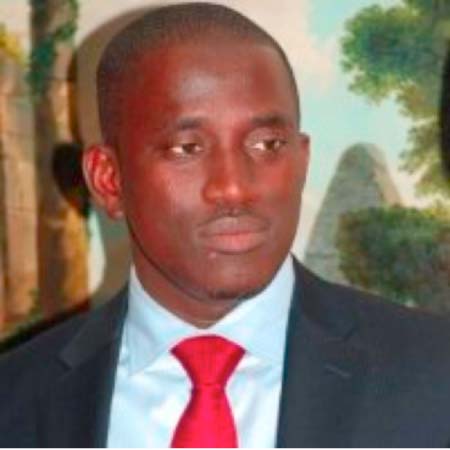
Justice
E.O. Dada of the High Court in Banjul yesterday ordered Momodou Sabally, the
former Director General of The Gambia Radio and Television Services (GRTS), to
enter into his plea in the criminal charges leveled against him.
The
judge delivered a ruling on the objection raised by the accused person, when he
was called recently to take his plea on charges preferred against him.
It
would be recalled that the accused had refused to take his plea, when he
submitted that the matter before the court had already been decided when the
state filed a nolle prosecui.
The
objection of the accused prompted the presiding judge to ask for the former
case file to be forwarded to her.
Justice
E.O. Dada, in her ruling, disclosed that she had listened to the submission
made by senior state counsel A.M. Yusuf, and the objection raised by the
accused.
She
had perused the case file, and discovered that the state entered a nolle
prosecui, citing section 64 of the CPC, which gives the Director of Public
Prosecutions the powers to enter a nolle prosecui.
She
added that section 64 (1) provides that subject to section 85 of the
constitution, in a criminal case and at any stage, thereof before verdict or
judgment, as the case may be, the DPP may enter a nolle prosecui, either by
stating in court or by informing the court in writing that the state intends
that the proceedings shall not continue; and thereupon the accused shall be at
once discharged in respect of the charge for which nolle prosecui is entered.
And if he or she has been committed to prison, the person shall be released,
and if on bail his or her recognizance shall be discharged, but such discharged
of an accused person shall not operate as a bar to any subsequent proceedings
against him or her on account of the same facts.
In
simple terms, the judge said section 64 does not mean that the accused could
not be arraigned again, noting that a nolle prosecui is not a bar to subsequent
proceedings.
She,
therefore, overruled the objection raised by the accused and ordered that he
takes his plea.
Thereafter,
the first count of economic crime was read to Sabally, who then told the court
that he was faced with a serious charge and, therefore, has an application to
make.
Sabally
informed the court that he had no legal counsel, and asked the court to stand
the matter down until he secures the services of a lawyer.
He
then urged the court to give him 21 days to get a lawyer.
In
her ruling, Justice Dada declared that section 24 (3) (d) of the constitution
1997 provides that any person charged with an offence shall be given adequate
time and facility to prepare for his case.
Justice
Dada pointed out that the issue before the court was for the accused to prepare
for his case.
When
the case came up before the court on 8 November 2016, the accused told the
court he had no lawyer and the matter was adjourned.
When
the court reconvened on the chosen date, the accused again told the court he
had a lawyer, who was engaged in another court.
Justice
Dada added that the constitution provides for the accused to be given adequate
time and facilities to prepare for his case, but did not state the adequate
period to prepare for his case.
The
three weeks requested by the accused would fall into the Christmas vacation,
she went on.
Justice
Dada subsequently declared that she will give 8 days instead of the three weeks
requested by the accused.
The
matter was then adjourned until 22 December 2016, for mention.

